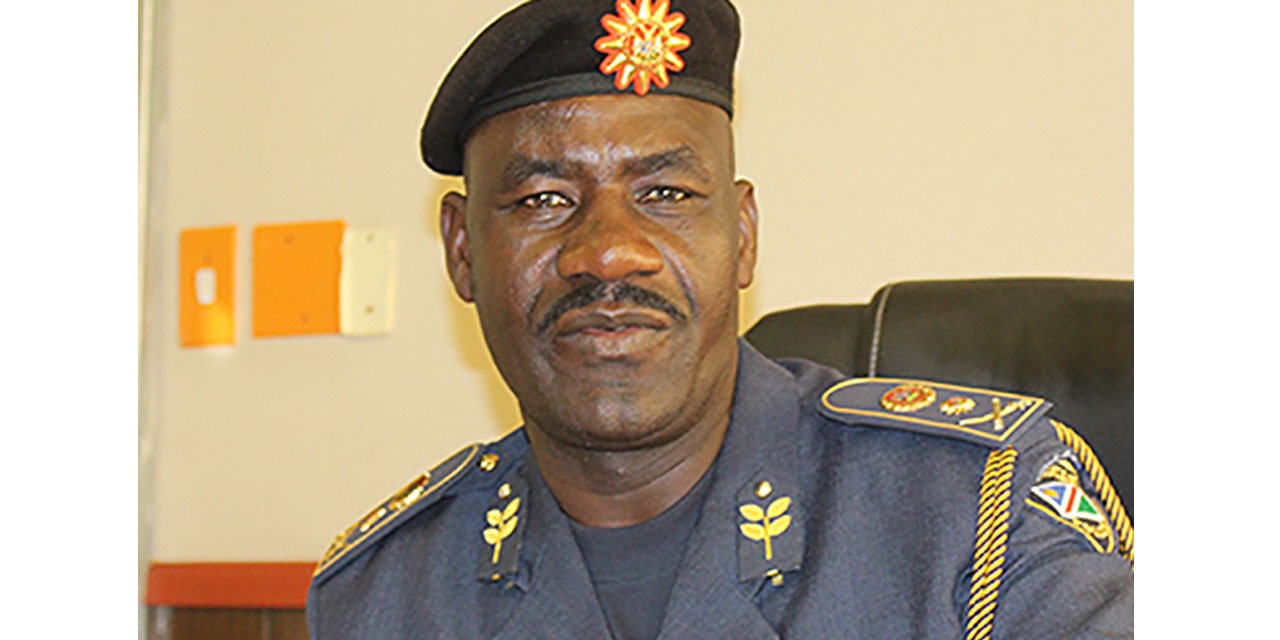Niël Terblanché
Lieutenant General Joseph Shikongo, the Inspector General of the Namibian Police, has voiced his concern over the alarming trend of Namibian citizens being exploited as drug mules for international narcotics trafficking.
The latest incident that has heightened these concerns involves a 27-year-old Namibian woman who was detained in Ethiopia for suspected drug trafficking.
The woman was apprehended on 2 January 2024 at Bole International Airport in Addis Ababa. She was arrested while travelling on an Ethiopian Airlines flight from Sao Paulo, Brazil, en route to Lusaka, Zambia, and was allegedly found in possession of approximately 4.7 kilogrammes of a substance suspected to be cocaine.
While the woman has not yet appeared in court, Namibia’s ambassador to Ethiopia and the African Union, Emilia Mukusa, has indicated that she is expected to face trial within 15 days following the ongoing investigation.
If found guilty, she could potentially face a significant prison sentence. Previous convictions for similar offences in Ethiopia have resulted in approximately eight years of imprisonment.
This incident has shed light on the broader issue of Bole International Airport being a notorious transit route for cocaine smuggling by Brazilian criminal groups, as highlighted in the United Nations Office on Drugs and Crime’s ‘Global Report on Cocaine 2023.’
General Shikongo has expressed deep concern regarding the increasing number of Namibians being arrested abroad in connection with narcotics trafficking.
He called for collective action to combat the exploitation of Namibians while stressing the importance of awareness campaigns and cooperation with international law enforcement agencies.
“It is a concern for Namibia and law enforcement. It’s not a good picture for our country for our younger people to be exploited by drug lords,” he said.
The general pointed out that there has been a rise in the number of Namibians intercepted at Hosea Kutako International Airport with illegal substances, making it clear that immediate action is required to address the issue.
He was of the opinion that these incidents highlight a recurring pattern where young Namibians are coerced or enticed by the promise of financial gain by international drug lords.
General Shikongo said that in many cases, suspects are unwilling to reveal the identities of these drug lords, often claiming they are located in countries such as India or Brazil.
He outlined a multifaceted approach that includes not only public awareness campaigns aimed at the youth but also the implementation of mechanisms to identify and intercept drug traffickers.
General Shikongo stressed the crucial role of cooperation with international law enforcement agencies in combating the evolving criminal networks involved in transnational drug trafficking activities.




